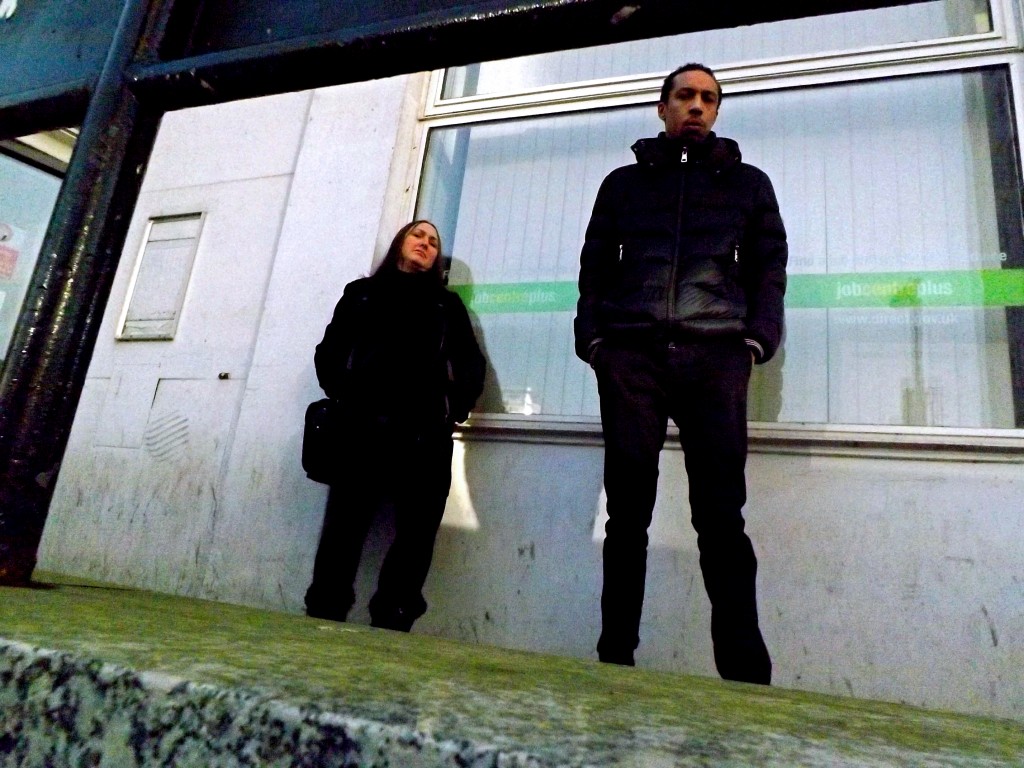Tax avoidance vs benefit fraud
If you have been anywhere in the vicinity of a TV, radio or computer over the last 24 hours, you will know what the Panama Papers are. If by some freak occurrence you don’t know what I’m talking about, the gist is that 11.5 million files from Mossack Fonseca (the world’s fourth biggest offshore law firm) were leaked to the German newspaper Süddeutsche Zeitung, who very nicely shared them with the international media. The documents show how the rich can avoid paying tax by using offshore tax havens. One fine example being David Cameron’s daddy, whose offshore investment fund never paid any UK tax at all – which was of course perfectly legal as they submitted their tax returns to HMRC every year.
Now David Cameron had quite a lot to say when Jimmy Carr was exposed for using a tax avoidance scheme back in 2012, but as soon as the spotlight falls on his own family it’s ‘a private matter’.
I actually laughed out loud when I heard that was Downing Street’s official line.
It’s actually not that hard avoid paying tax. Actor Greg Wise recently went under cover for a Channel 4 Dispatches programme in which he found out he could eradicate his entire tax bill without breaking the law. I sometimes get confused as to which is which, so to remind myself:
- Tax avoidance: the LEGAL use of tax loopholes to reduce the amount of tax you pay.
- Tax evasion: ILLEGALLY hiding information from HMRC to reduce your tax bill.
In the year 2012/13 the UK lost an estimated £3.1 billion to tax avoidance and even more if you include tax evasion and criminal activity which brings the total up to £12.6 billion.
£12.6 billion in tax that should have been paid by the rich.
That’s more than 10 times the amount the treasury lost to benefit fraud the following year.
And that’s the thing that really gets to me. Now, I’m not saying that benefit fraud is fine, or that it’s not an issue. £1.2 billion is a lot of money. But when you consider that an estimated £1.5 billion was underpaid, it means the money is going to the wrong people, but the DWP is still in profit. In fact more money was overpaid as a result of clerical errors or genuine mistakes by the claimants (£2.2 billion).
As someone who has had more than one period of unemployment, I know that the people who misuse the system are a tiny minority. All in all, fraudulent claims amount to 0.7% of the total amount of money the government spends on benefits – and that was from their own figures! This is nothing new, but some messages need to be repeated over and over again in order to get through to people. I decided to write a play about unemployment, because I wanted to show the real people behind the numbers. I’m glad to say that I’m not the only theatre maker to be doing this. Last week, Take Back Theatre hosted another successful evening of short plays – this one as a response to the budget. And for me that is what theatre is about. I want to speak for people who can’t speak for themselves. The people whose lives are really affected by the government arbitrarily moving figures around. And today has just confirmed why I write theatre with a political message.
Because the most shocking thing about the Panama Papers, is that it is not shocking at all.
On hearing that their Prime Minister was embroiled in these tax avoidance schemes, the people of Iceland took to the streets to protest. I hope that this is a wakeup call for our government too and they use it as an opportunity to bring about real change. I have a suspicion that I’m going to be very disappointed.
The Stars are Made of Concrete is touring 11th May-9th June. Find out more on our production page.


